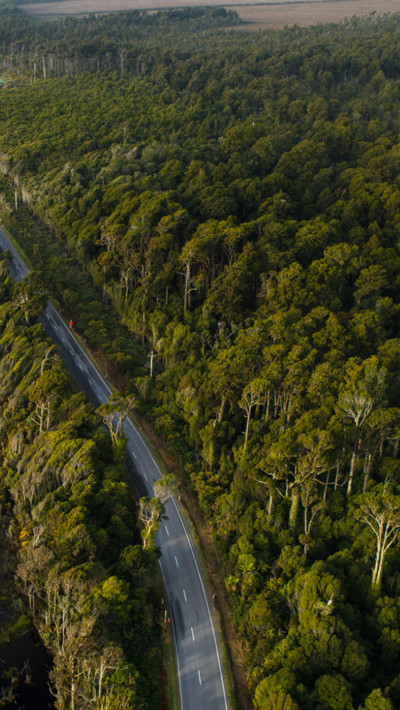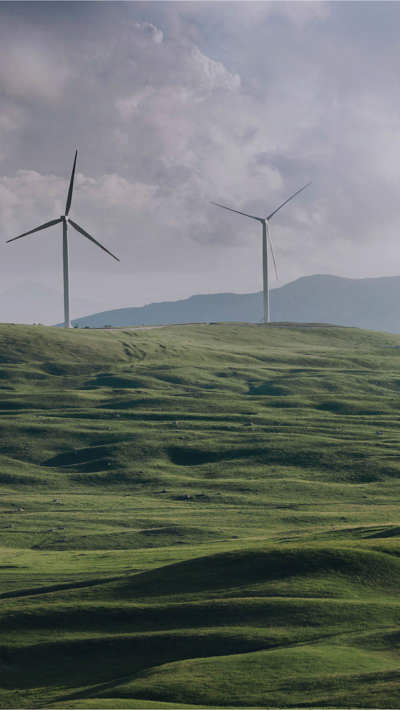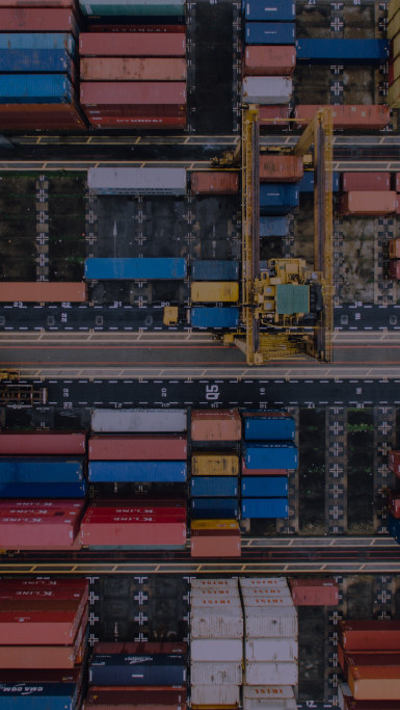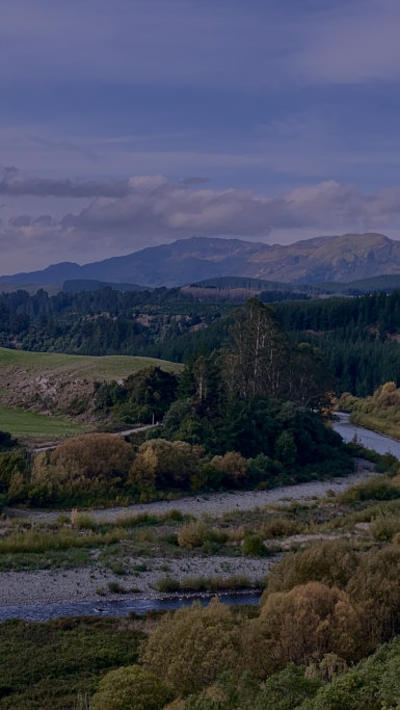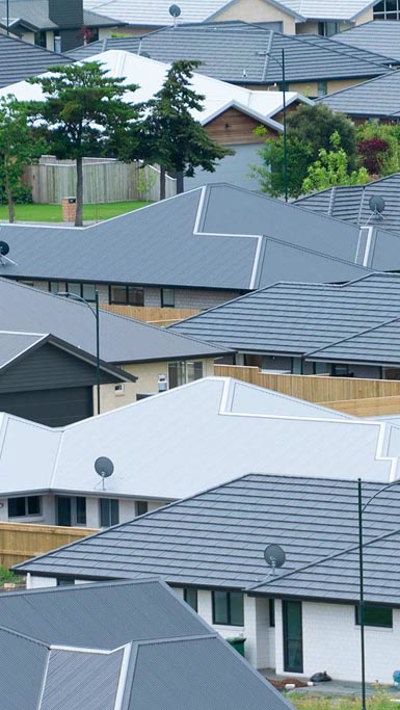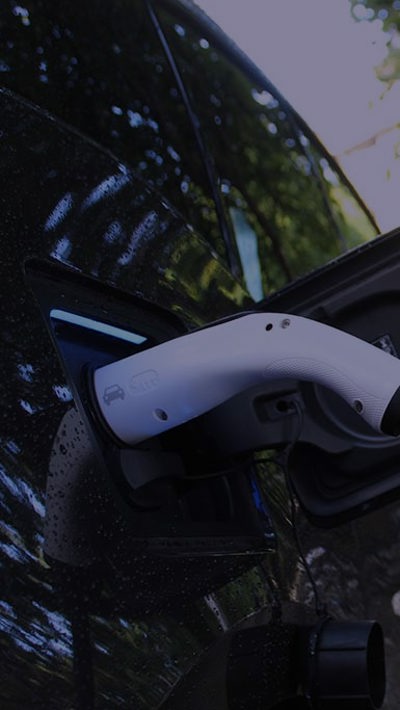Contents
The Climate Change Commission draft advice, released on Sunday, provides little room for equivocation.
It says we can achieve our 2050 zero carbon target using currently available technologies at an overall cost of less than 1% of projected Gross Domestic Product (GDP).
Public consultation closes on 14 March. This is an opportunity to engage in an extremely important policy area. We are already advising a number of clients on their submissions and will be happy to assist should you want help.
Broad approach
The Commission presents the climate change challenge as an opportunity, saying: “If we act now, we can create a thriving, climate-resilient and low emissions Aotearoa”. And it invites the Government to promote the benefits that will come from emission reduction – health improvements, quieter streets, cleaner water and more biodiversity.
The Commission’s pathway relies heavily on domestic action to reduce gross emissions with a much smaller role for forestry offsets and no reliance on offshore mitigation except “as a last resort in exceptional circumstances beyond the Government’s control”. This would mean that emitters would face more significant emission reduction expectations than under the prevailing interim emissions budget.
The Minister is required by the Zero Carbon Act to table Commission reports in Parliament but can choose not to adopt Commission recommendations and is responsible for preparing the final emissions budgets. The report sets out broad parameters for budgets one, two and three, covering the period 2022 to 2035.
| Period covered | Average emission reductions from 2018 levels | |
| Budget 1 | 2022 to 2025 | 2% |
| Budget 2 | 2026 to 2030 | 17% |
| Budget 3 | 2030 to 2035 | 36% |
The anticipated negative growth impact across the economy of the Commission’s advice is less than 1% of GDP which the Commission notes “is the equivalent of taking another six to seven months to get to the same level of GDP”.
This is significantly lower than what was estimated when the 2050 target was set – a revision which the Government has welcomed, saying that the roadmap the Commission had laid out is both “achievable and affordable”.
But the Commission is clear that the costs of decarbonisation will not be spread evenly – intensifying the need for policies to be well-signalled and equitable, and for those sectors and households which are most disadvantaged to be appropriately supported, including a specific focus on Māori.
There will be 10 elections between now and 2050. This long timeframe and the predictability needed to support household and business decision-making make it “critical” that emissions budgets are non-partisan and that cross-party deliberations are on the parliamentary record.
The Commission also recommends that climate change should have its own Budget Vote in the form of a multi-agency appropriation.
Emissions Trading Scheme
The Emissions Trading Scheme (ETS) remains a key, but not sole, policy lever and to ensure that it is able to drive emissions reductions effectively, the Commission is recommending changes to the ETS upper and lower price controls. It suggests that:
- the cost containment reserve trigger, which sets an effective upper price limit, be raised immediately to $70 (from the current $50) and then be increased each year by 10% plus inflation to reach $140 by 2030 and $250 by 2050, and
- the auction reserve trigger, which effectively sets a form of price floor as the price below which the Government will not sell units at auction, be increased immediately to $30 (currently $20) with a 5% plus inflation annual increase.
Transport sector
A lot of the heavy lifting will be done by transport which will mean changing the way we build and plan our towns and cities and the way people and products move around.
This includes making walking and cycling easier and moving freight off the road and onto rail and shipping. It also means reliable and affordable public transport, and a low emissions transport fleet.
The Government committed to three decarbonising initiatives in advance of the release of the Commission’s report:
- to mandate a lower emission biofuel blend across the transport sector
- to legislate this year for a clean car import standard, and
- to buy only zero emission buses from 2025.
It is also developing incentives to promote the uptake of electric vehicles. The Commission wants these decisions made by 31 December 2022 at the latest and regulations to improve fuel efficiency in place by 30 June 2022.
Some specific findings and observations
- The Commission was asked to investigate the feasibility of the current biogenic methane reduction target of 24% to 47% by 2050. Its assessment is that a 24% reduction can be achieved without any technology developments (including for example, the work already underway on methane vaccines/ inhibitors).
- The Commission is assuming that its recommended path for agriculture will lead to a 15% drop in dairy, sheep and beef numbers by 2030 (existing assumptions are for an 8% to 10% decline).
- The modelling assumes around 2,000 hectares a year to 2035 will be converted from dairying to horticulture but the Commission is not expecting large scale changes in land use as the barriers to conversion can be significant.
- The Commission wants incentives to promote the planting of more native forests as they can create a permanent carbon sink and are also good for biodiversity and erosion control.
- To raise the domestic production of low carbon liquid fuels to the 3% by 2035 the Commission considers essential will require another seven biofuel plants with similar capacity to Z Energy’s Wiri plant.
- A date should be set to retire coal electricity generation but the Government’s 100% renewable electricity target should be treated as aspirational. Instead the aim should be to achieve at least 60% renewable energy by 31 December 2035 (up from 40% currently).
- A long term strategy should be developed for hard to abate industries (iron, steel, cement, lime and petrochemical production). This should include investigating whether bespoke solutions requiring research and development specific to New Zealand will be required.
Timeline
| 14 March 2021 | Submissions close on the Commission’s consultation document. |
| 31 May 2021 | Release of the Commission’s final advice to Government. |
| 1 November 2021 | UN Climate Change Conference in Glasgow. |
| 31 December 2021 | Publication of the Government’s first emissions reduction plan. |
| 31 March 2022 | Vote Climate Change to be established. |






